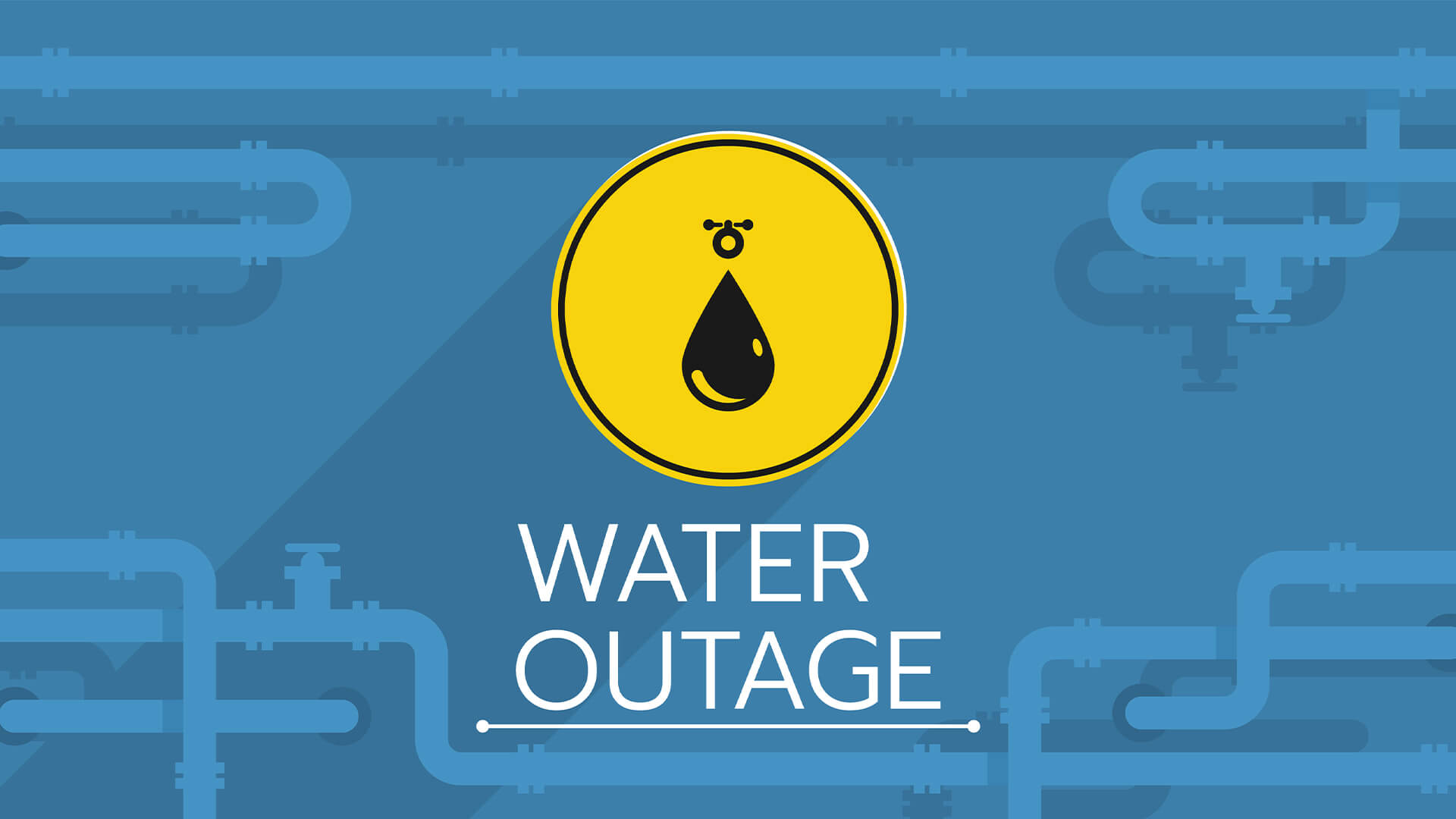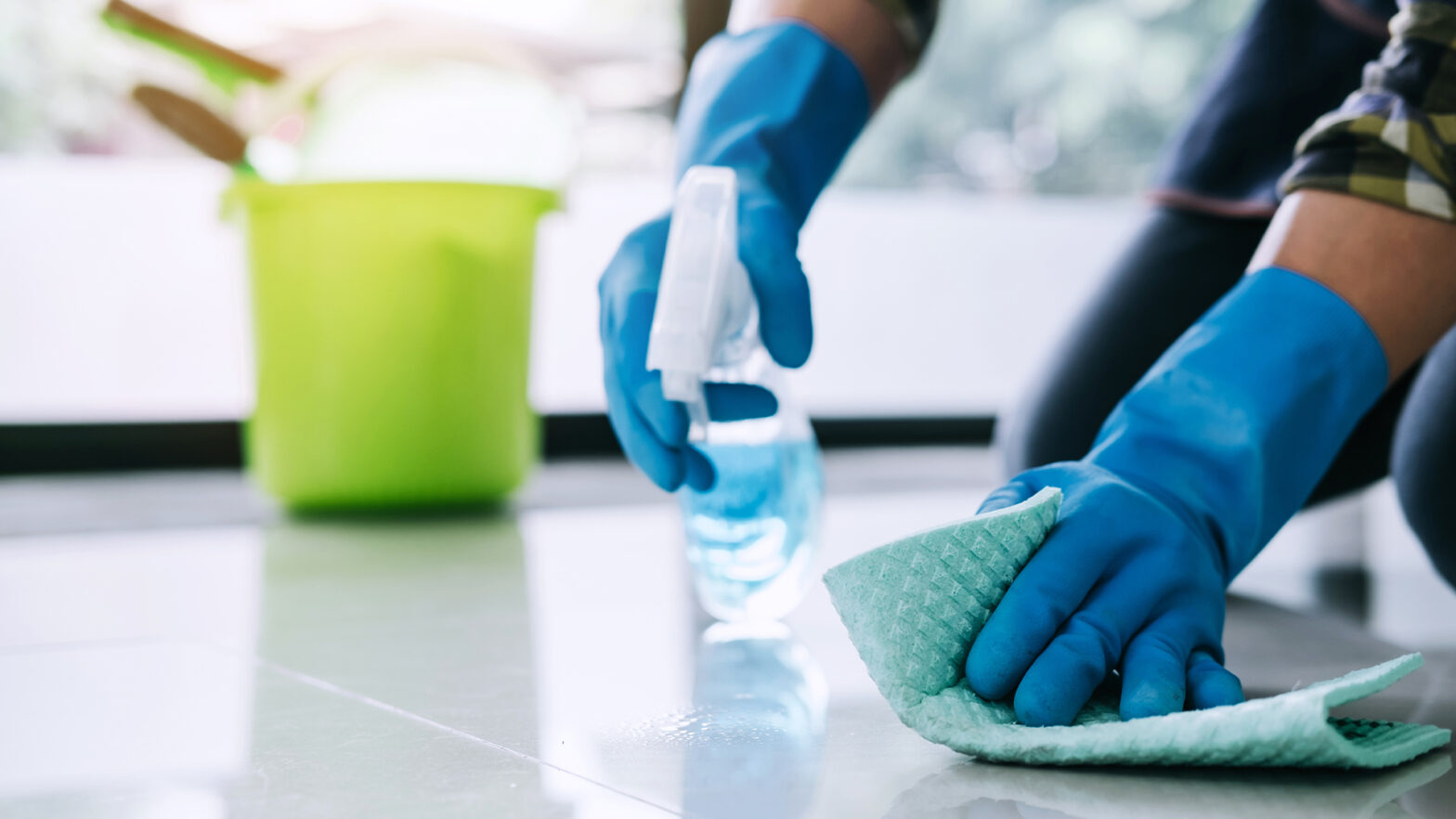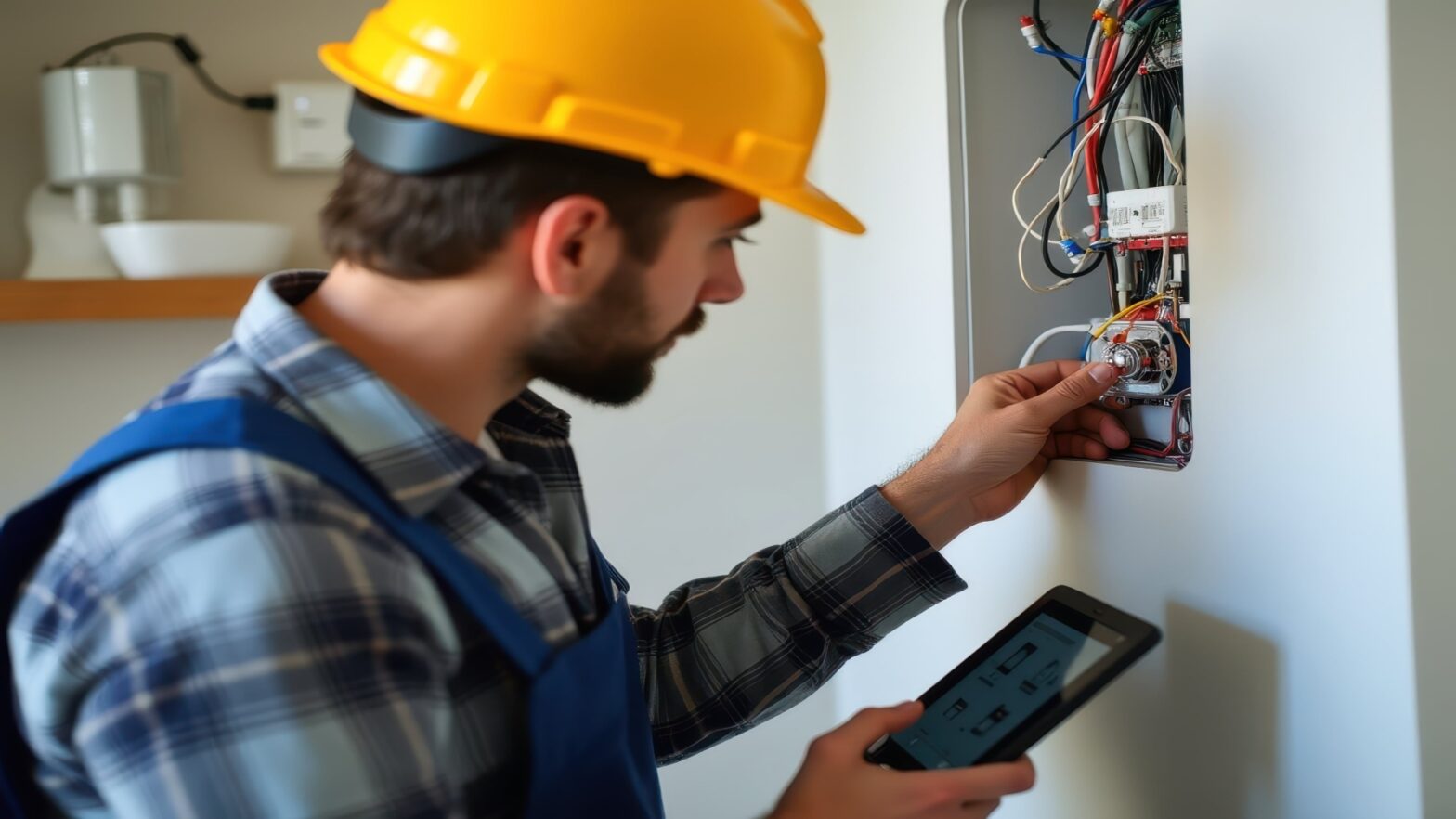A water outage can be a major inconvenience. Not only will you not be able to take a shower or flush the toilet, but you may also lose access to drinking water. In this blog post, we will discuss how to prepare for a water outage. We will cover everything from stocking up on supplies to finding alternative sources of water. By following these tips, you can minimize the impact that a water outage has on your life!
1. Gather your supplies
When a water outage happens, it’s important to have a plan and be prepared. Here are some things you’ll need:
- water bottles
- non-perishable food items
- a first aid kit
- flashlights and batteries
- a battery-operated radio
These are just a few basics, but having them on hand can make a big difference if you find yourself without running water.
If you have kids, it’s also a good idea to put together an emergency kit for them as well. Include things like snacks, games, and comfort items to help them stay calm in a stressful situation.
And don’t forget about your pets! Make sure you have enough food and water for them as well.
2. Fill up your bathtub and other containers with water
If you have a bathtub, now is the time to fill it up. Fill up any other containers you might have as well, like buckets, plastic water tanks, jugs, or pots. You can use this water for drinking, flushing the toilet, and washing your hands.
If you have a pool, you’re in luck. Pool water can be used for flushing the toilet and washing your hands as well. However, it’s not safe to drink pool water unless you purify it first.
And if you live in an apartment building, make sure you know where the water shut-off valves are located. In case of a leak, you can quickly turn off the water to prevent flooding and damage.
Now is also a good time to stock up on bottled water. Store it in a cool, dark place and check the expiration date regularly. It’s a good idea to have at least a week’s worth of water on hand, just in case.
3. Shut off the main water line to your house
One of the first things you should do when you know a water outage is coming is to shut off the main water line to your house. This will help prevent any further flooding and damage to your home.
If you have a well, be sure to also shut off the power to the well pump. Otherwise, your pump will continue to try to pump water, which can cause it to overheat and break.
There may also be a shut-off valve for your entire neighborhood. If so, you should find out where it is located and how to turn it off in case of an emergency.
After the main water line to your house is shut off, open all the faucets in your home to release any remaining water pressure. This will help prevent your pipes from freezing or bursting when the water is turned off.
Once all the faucets are open, flush all the toilets in your home to empty out the tanks. This will also help prevent your pipes from freezing or bursting.
4. Disconnect all appliances that use water
In the event of a water outage, it’s important to disconnect any appliances in your home that use water. This includes your washing machine, dishwasher, and toilet. By doing this, you can prevent serious damage to your appliances and save yourself a lot of money in repairs.
If you have a pressure tank or well system, be sure to check the pressure gauge regularly. If the pressure drops too low, it could be an indication that your water supply is running out.
5. Keep a list of contact information for local plumbers and emergency services handy
Since water outages can often be unpredictable, it’s important to have a list of contact information for local plumbers and emergency services in case you experience a water outage. This way, you can quickly get in touch with someone who can help resolve the issue.
In addition, it’s also a good idea to keep a list of contact information for your local water utility company. This way, you can quickly get in touch with them if you have any questions or concerns about the water outage.
6. Store food that doesn’t require refrigeration or cooking
When it comes to food, one of the first things you’ll need to do is get rid of anything that needs refrigeration or cooking. Make sure to eat any perishable items before the water outage. Non-perishable items like canned goods, peanut butter, and crackers are good options.
Many people don’t think about how they will cook food during a water outage, but it’s an important consideration. You’ll need to have a plan for cooking food without using water. One option is to use a camp stove that uses propane gas. Another option is to get a solar oven, which uses the sun’s energy to cook food.
Solar ovens are a great option because they don’t require any fuel and they’re environmentally friendly. If you’re not familiar with solar ovens, there are many resources available online that can help you get started.
7. Check on your neighbors, especially those who are elderly or disabled
Of course, you should also make sure to check on your neighbors during a water outage – especially those who are elderly or disabled. See if they need help getting water or anything else. Checking in on your neighbors is always a good idea, but it’s especially important during difficult times like a water outage.
Lastly, always be prepared for a water outage by storing at least two gallons of water per person in your household. Additionally, it is important to have a plan for how you will use this stored water. Lastly, keep in mind what other needs you may have during an outage like food and sanitation. Thank you for reading! Hope this guide was helpful. Stay safe and prepared!
































